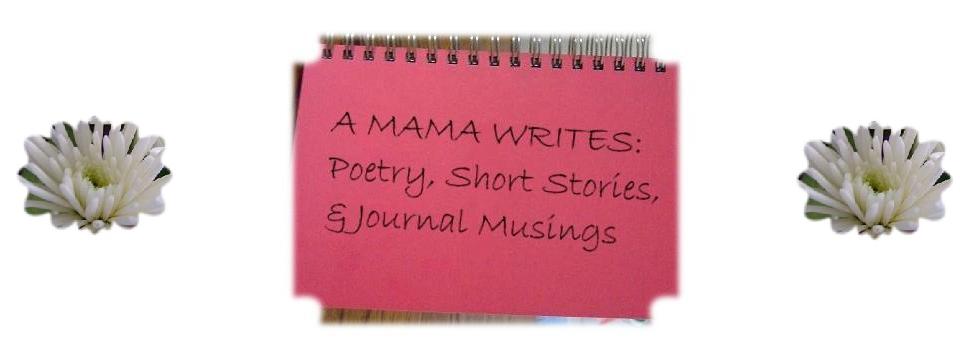When I first found my written voice, I was already a college student. I found that creative writing not only helped me to tell my own history/experiences, but it could also be used to break silences in our communities. The following section of poetry is taken from my Capstone project which started when I began to wonder why I was not taught how to write creatively earlier. Yes, I was exposed to literature and poetry (especially in high school Honors English classes), but I was not actually taught how to form a poem or given the creative freedom to do so. We were being exposed to all these great authors and books, but I never felt that it was so that I could someday be an author myself. It was so that we had a basic knowledge of literature and history. I remember no mention or encouragement to write our own histories.
Through my research for my Capstone project, I began to understand why. I had attended schools in low-income areas where, because of a lack of funding, arts are usually the first classes cut from the curriculum.
In Pacific Grove, at Robert Down Elementary where 85% of the student population is white, there is a large creative writing program - even for second graders! This program was started by bringing in a local poet to teach the children (and the teachers) about creative writing. Using one second grade classroom's methods, and through the help of a budding non-profit program started by a fellow co-worker, I brought this idea to Manzanita Elementary in Seaside where 94% of the students are considered minorities. With the help of some friends, I taught a 4-week after school creative writing class.
The poems in this section came from my experiences with the children at Manzanita Elementary. The dragon image came to me after reading one child's unfinished story, which I write about in Even Children Have Dragons. After getting to know this child, I could not separate his writing from his life. When I learned that his father abused him, I read his story differently. I wondered who was the dragon in his story. Was it just an arbitrary character? Probably. But I began to see dragons to be anything that stands in the way of our well being, that contributes to inequalities, that inhibits us from being everything that we could be.
The dragons in my title, "Learning to Fight Dragons," are our inequitable systems, the politics that create unequal opportunities, and the history of racism, classism and all other "ism's" built into our laws and institutions. While teaching the children, both they and I were learning how to fight against those particular dragons through our writing. If the children feel that they have a voice, then hopefully they will use it to help others see the inequities in our communities.
One other metaphor I used the dragon image for was my own thoughts and fears that inhibit me from using my voice the way I want. For example, in What is an Emotion?, I start off seeing the children as dragons in order to portray my fear of them, of what they might think of me, of what I was trying to teach, and of realizing my own inexperience as a teacher. Sometimes your biggest obstacle is yourself.
For me, writing about these issues and about my experiences, being truthful to myself and others, is a way to fight against my own dragons. I hope my writing helps to fight all types of dragons and encourages others to find their voices as well.
by E. M. Soos
Poems from Learning to Fight Dragons
What Are You Really Doing?
Even Children Have Dragons
H.
If I Hadn't
What is an Emotion?
I Hear Poems in Their Lives
What Are You Really Doing?
Even Children Have Dragons
H.
If I Hadn't
What is an Emotion?
I Hear Poems in Their Lives




